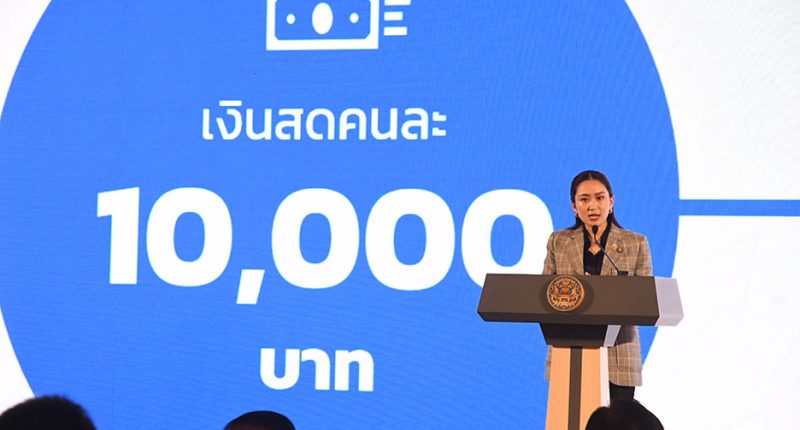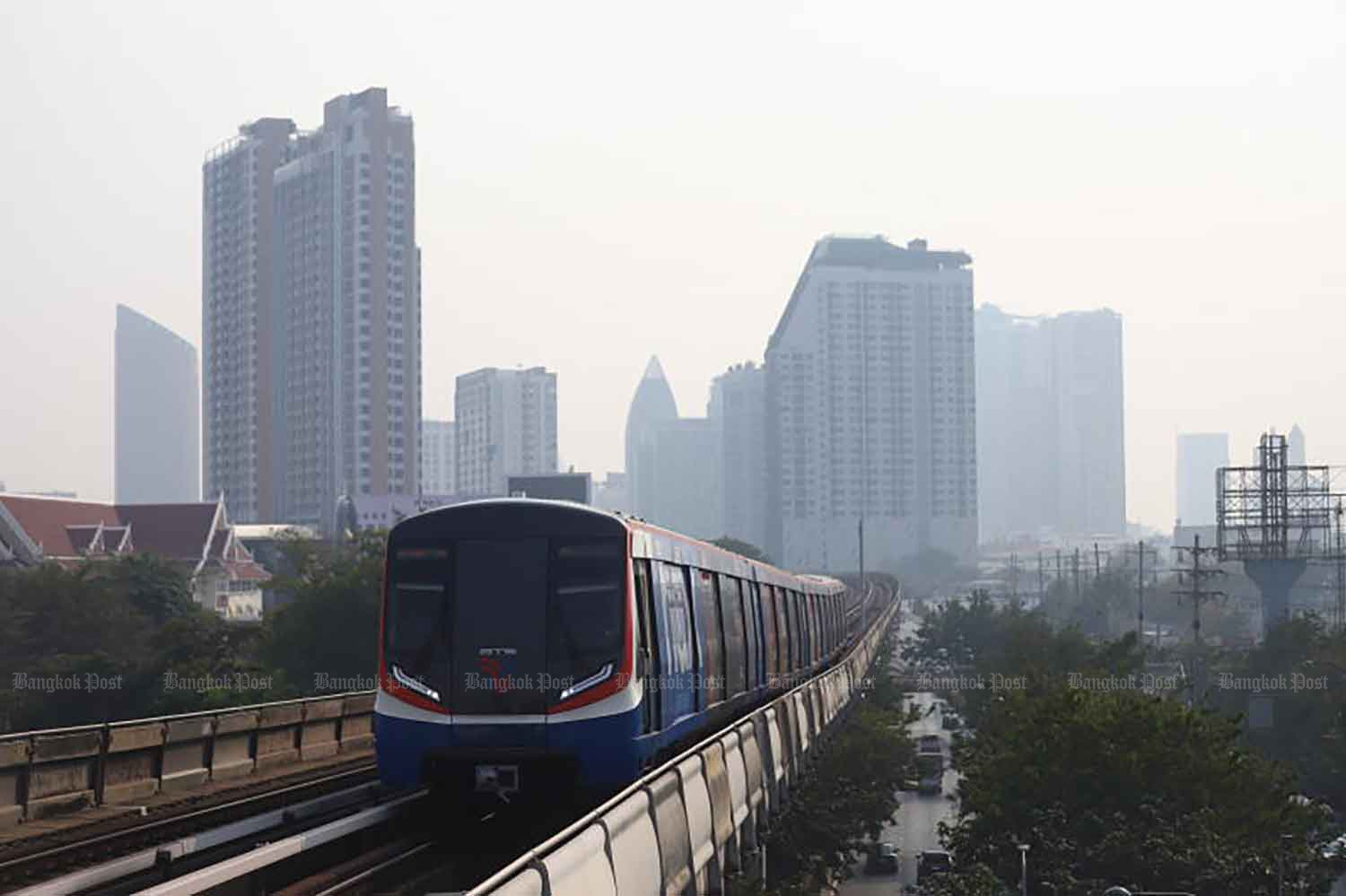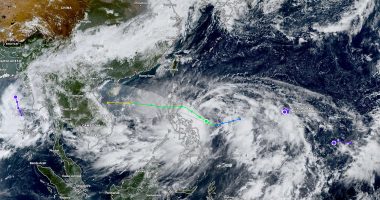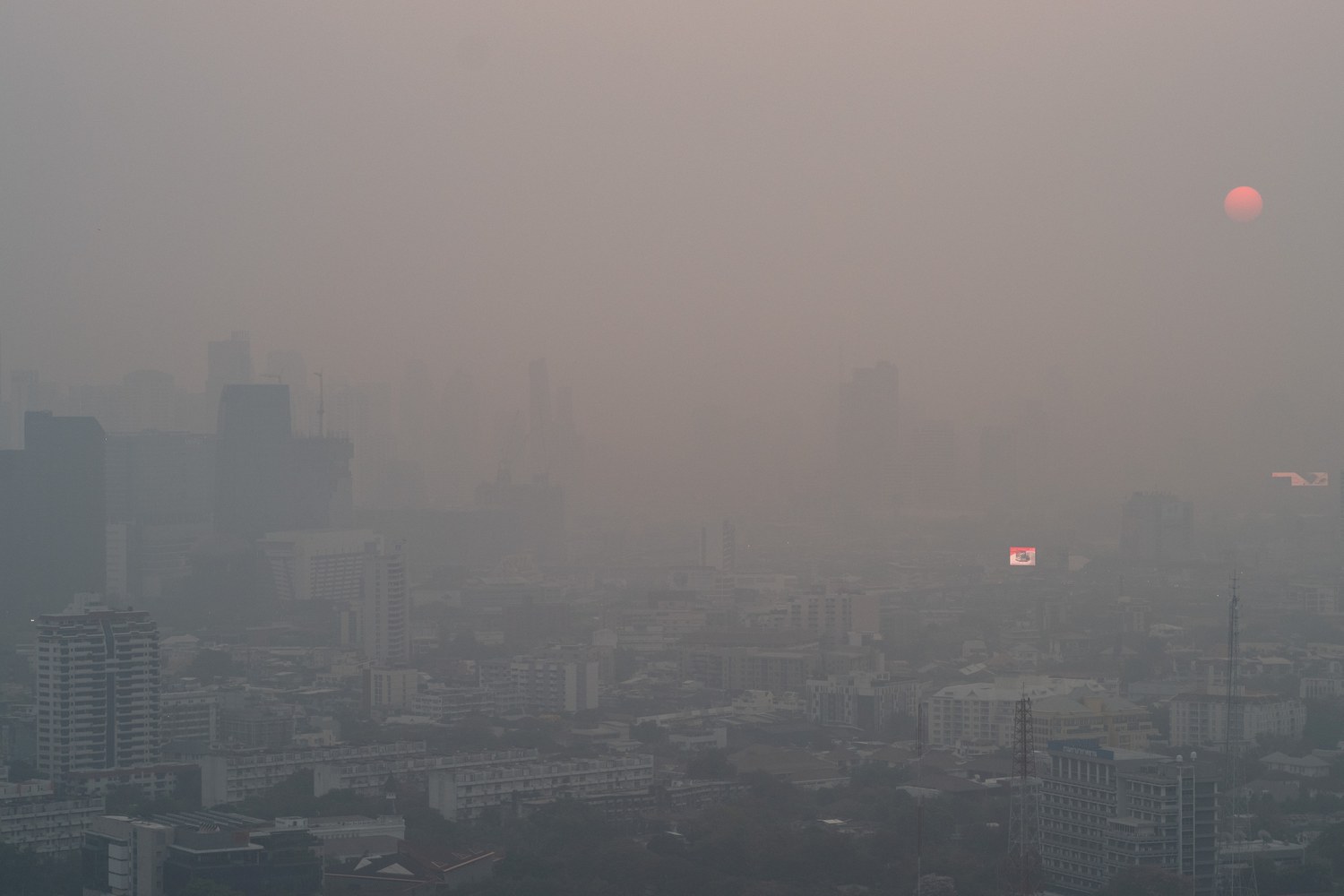Phase Two of the Digital Wallet Distribution to Reach All Registered Citizens
The Thai government has confirmed that the second phase of the 10,000 baht digital wallet distribution will be available to all registered citizens. This announcement aims to ensure that even the most vulnerable groups receive their financial aid, urging those with incomplete data to make the necessary updates quickly to avoid losing their benefits.
Key Details of the Digital Wallet Initiative
The digital wallet distribution, a government economic stimulus plan, is aimed at providing financial support to registered citizens across Thailand. Here are the key points:
- Completion of Phase One: The first phase targeted vulnerable groups, ensuring that those in need received their share.
- Phase Two Preparations: A meeting will be held to finalize the framework for distributing the funds to citizens who are already registered via the state’s app and to additional groups that still need to register.
Government’s Call to Vulnerable Groups for Data Updates
During an interview on the radio station of Thailand, Jirayu Huangsap, the spokesperson for the Prime Minister’s Office, emphasized the importance of completing account updates. He mentioned that the focus would be on reaching groups who missed the first phase, particularly the vulnerable population.
Addressing the Issue of Missing Data
Deputy Finance Minister Julapan Amornwiwat highlighted the problem of missing data among vulnerable groups. This issue is especially pressing for individuals who have state welfare cards but have not linked their accounts to PromptPay, Thailand’s digital payment system. The current status is:
- 370,000 Vulnerable Individuals Identified: Of this number, over 311,000 received the funds in the second round, leaving around 60,000 pending.
- PromptPay Linking: Many pending cases involve individuals who have not connected their accounts to PromptPay. Two more transfer rounds are scheduled on November 21 and December 21 to reach those who update their information.
Consequences for Failing to Update Information
Eligible citizens who do not update their data by December 21 will forfeit their rights to the 10,000 baht. This call for immediate action highlights the urgency for those in vulnerable categories to ensure their account information is current.
Next Steps for the General Population
The second phase of the 10,000 baht digital wallet distribution is set to be announced shortly. The government will provide updates on:
- Registration Results: Details on when and how citizens can check if they are eligible.
- Eligible Expenses: Information on what the funds can be used for, giving clarity on how citizens can benefit from the financial aid.
Government’s Assurance of Complete Coverage
Julapan Amornwiwat has reassured the public that 100% of eligible participants will receive the 10,000 baht. This includes non-smartphone users who are also part of the program. The government’s goal is to achieve full coverage, leaving no eligible citizen behind.
Checking Fund Transfers Made Simple
Citizens will be able to verify the transfer of funds quickly through the state application, ensuring transparency in the distribution process. The Ministry of Finance and related agencies are working to make the process user-friendly and accessible for all groups.
Conclusion
The Thai government’s push to complete the digital wallet distribution underlines its commitment to economic stability and inclusivity. By urging citizens to act promptly and update their information, the government aims to ensure that every eligible individual benefits from the stimulus package, fostering a stronger and more resilient economy for Thailand.









